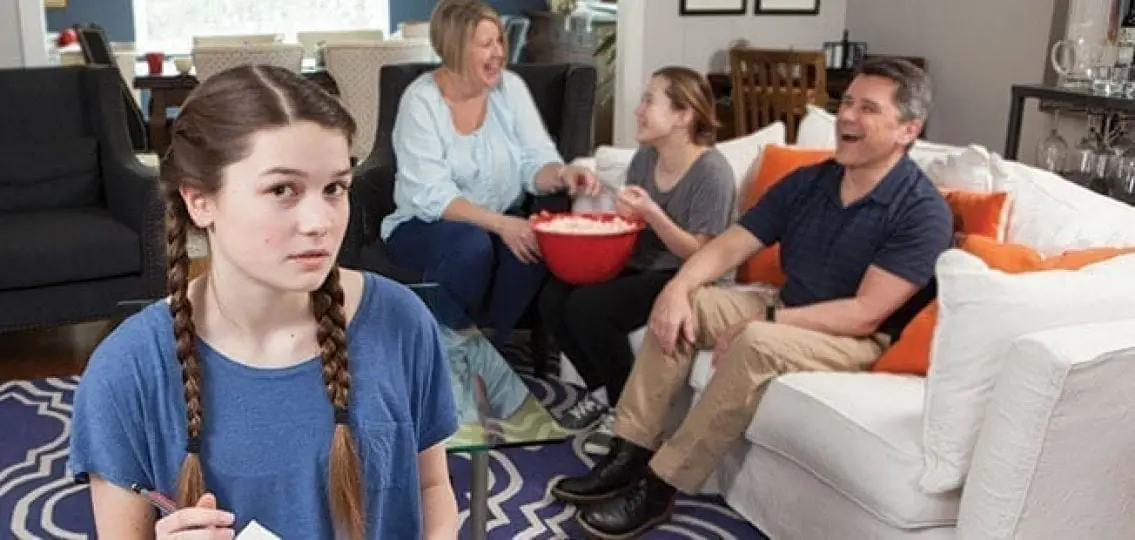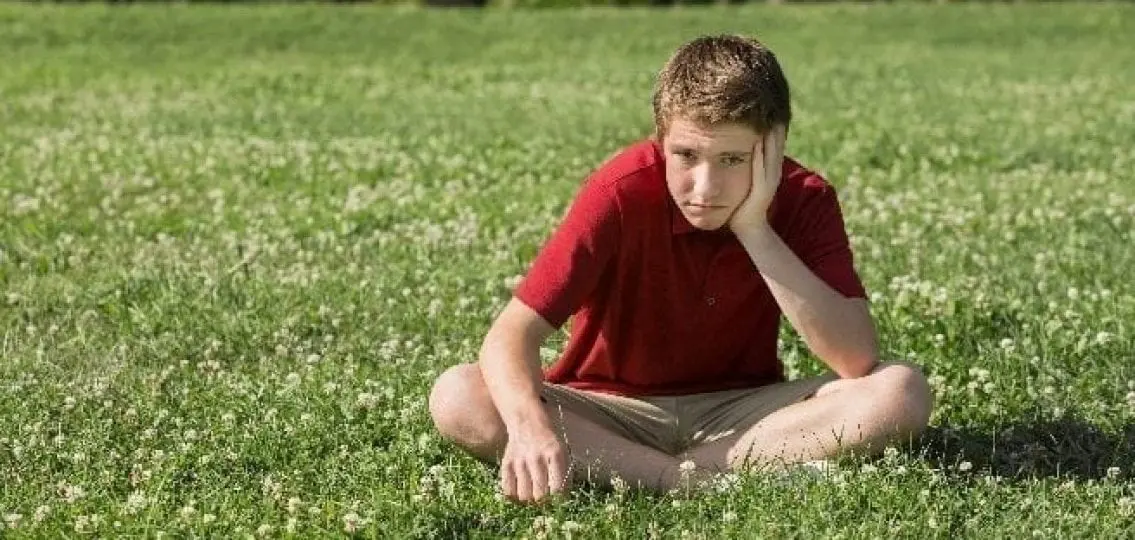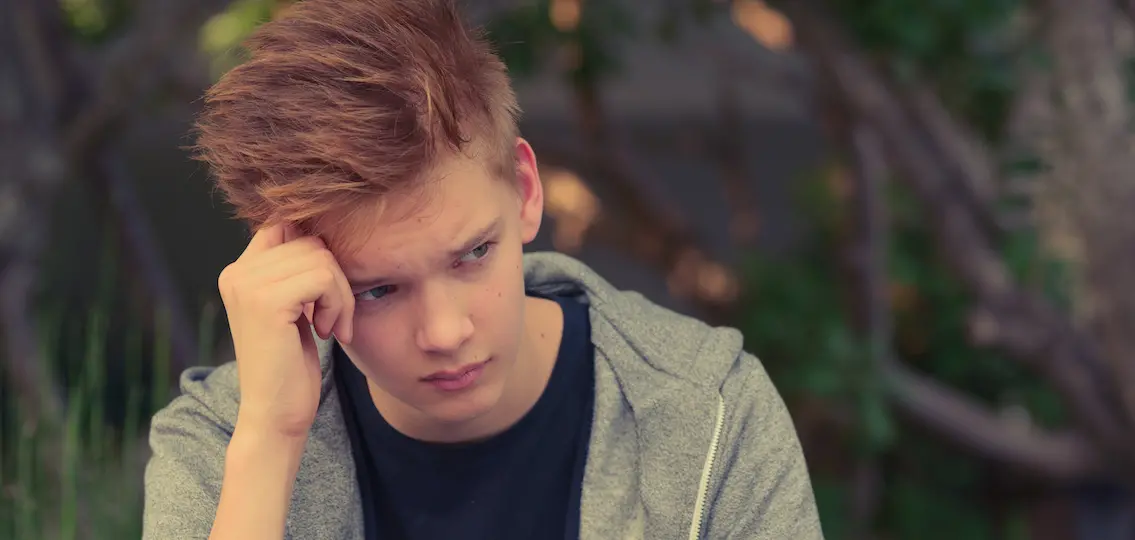My son was always an outgoing boy who thrived on friendship and interaction. He was the kid who wanted to be everyone’s friend and never understood the exclusion mentality of cliques or the random meanness that often accompanies childhood.

Once a boy kicked him repeatedly, sneaking up on him and delivering the kicks with glee. I got so frustrated and so angry on his behalf that I will cop to asking, “Well, did you kick him back?”
He looked at me, aghast, and said, “No. Why would I do that?”
That wasn’t his only bad experience with friendship. He truly adored playing with the kid next door, but the kid was very used to getting his way and more than a little mean. Their friendship was up and down and required a lot of cultivation—which meant I spent a lot of time holding my tongue and trying to make things right. Because, to my son, that mean kid was really his friend.
So, when my son suddenly pulled back from all his friends in fifth grade, my initial reaction was something had happened. We had another bad seed in our midst.
I asked him about it, and with his signature shrug, he informed me it wasn’t that.
There weren’t any problems, and no one was being mean to him. He simply “didn’t want to.”
I let it go for the time being, and watched him. I tried to keep my big nose (and my big mouth) to myself since he was getting older. I had already stepped back from arranging playdates and such, and I decided to let him be the master of his own social calendar.
The only thing was, now it was empty.
I’m a worrier by nature, but after several conversations with him, I really didn’t see a reason to worry too much. He seemed to lack interest in hanging out with other kids. He played his video games, continued to interact with his family, and seemed his normal funny, boisterous self.
The only noticeable change was when he’d get a call to hang out. He’d say no, making up excuses and sometimes using me as the scapegoat. Which was fine, and often humorous. Some of the kids he knew back then were terrified of me, thinking I was some kind of wicked witch who never let him leave the house.
I asked him if he was lonely or sad.
He said sometimes he was lonely, but he wasn’t really sad.
I even asked if he’d be interested in seeing a therapist. He declined, saying he was very comfortable talking to us about his problems, but he would keep it in mind if things changed.
Meanwhile, time ticked by, school ended, and summer began. He continued to be a more solitary creature. He’d hang out with his cousin who is close in age. There were sleepovers, movies, and outings. When my nephew went out with friends, my son would be invited. Ironically, my son was more apt to accept those invitations, as if a peripheral kind of friendship was what he needed at the time.
He wasn’t locking himself in his room and he wasn’t showing any signs of depression. He wasn’t acting out, throwing tantrums, or doing anything concerning. None of the things parents are trained to look for. He just wanted to be alone a great deal of the time.
I couldn’t really find fault with that. And I couldn’t force him to change.
I am an introvert and being alone has never been upsetting to me. If anything, I relish it. Perhaps that’s why I didn’t get more upset or push harder. Who was I to force him to spend time with people if he wasn’t interested?
In our house, we have a saying: “These people aren’t people.” What we mean is: These people do not drain me. I do not have to be “on” for them.
If there had been more concerning changes, escalating behavior, or signs of depression or anxiety, we would have sought a counselor or doctor’s advice. But my son spent plenty of time with us, his non-people, so I let him make his own path. Throughout junior high, new friends would emerge and then disappear. It was only in high school that he seemed to find a core group of friends that stuck.

As an introvert, I can attest to the fact that not everyone wants a lot of friends or to constantly be around other people. There was no real reason for my son’s frequent aloneness – and occasional loneliness – other than his own preference for more solitude. But, in time, he built the friendships he wanted—many of which are still going strong.




